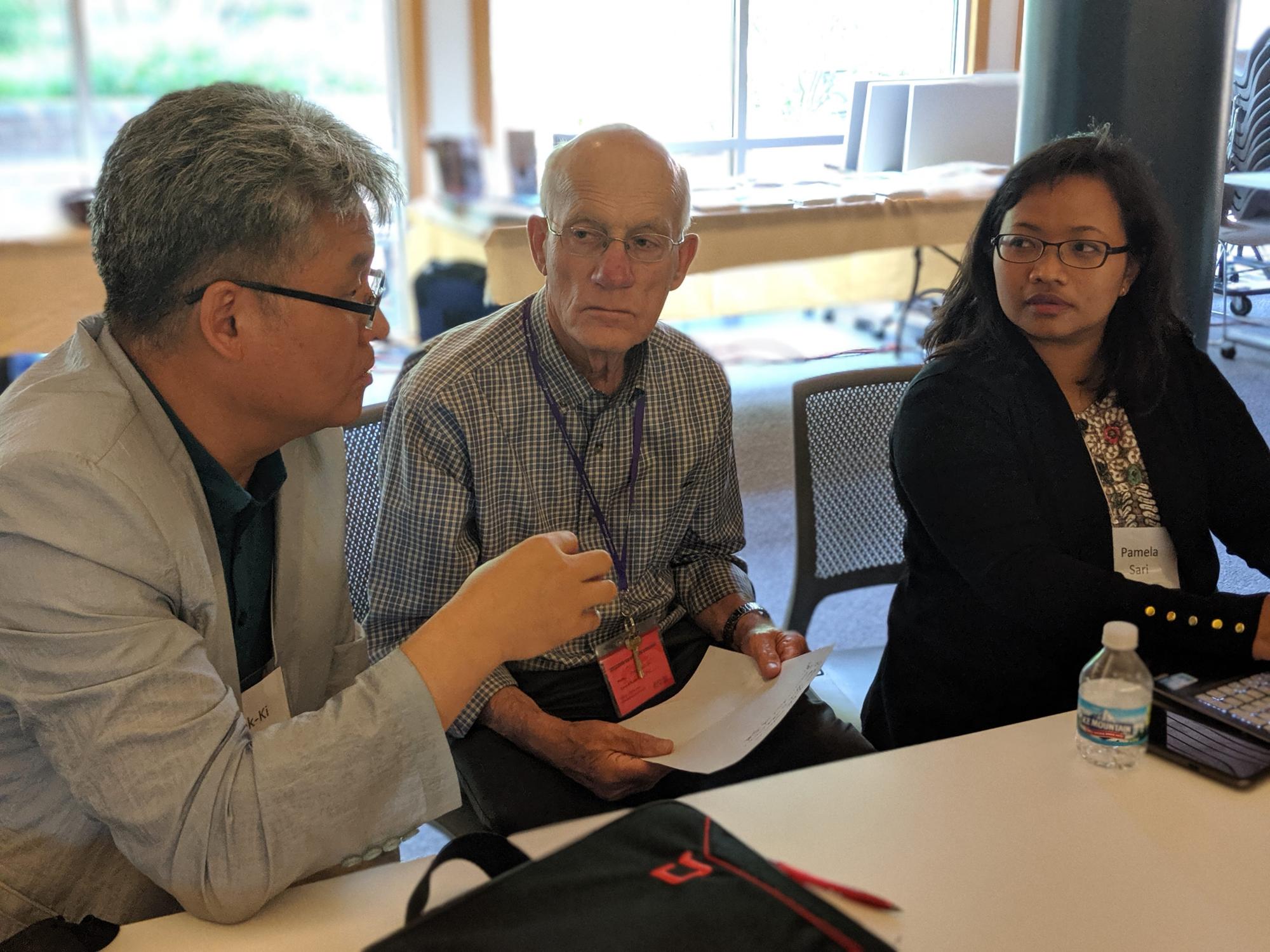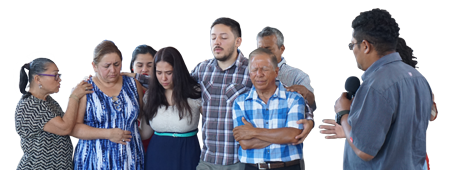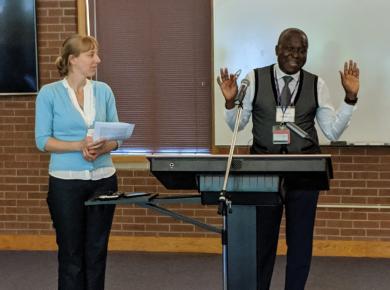Posted: August 13, 2019
“The global church works best when all her parts are engaged in sharing their stories,” said Patrick Obonde, director of missions at the Anabaptist Leadership Education Centre in Kenya.
On 17–19 June 2019, historians, pastors and archivists did just that at “Power and Preservation: Enabling Access to the Sources Behind Our Stories,” at Goshen College, Indiana, USA. An initiative of the Institute for the Study of Global Anabaptism (ISGA), the conference had 16 presentations on the state of the historical sources and storytelling in African, Asian, North American, and Latin American Anabaptist churches and organizations.
Presenters addressed resources, access and commitment to preserving history in their contexts.
Although each raised unique concerns, common themes emerged.
- Oral history is a priority. Digitizing sources has great potential for preservation and increased accessibility, but it also requires significant financial resources.
- The love of power or fear of its loss can make access to historical documents difficult.
- A tradition of localism is a barrier to preservation. “Everyone feels comfortable with how things are,” said Ursula Giesbrecht, archivist of the Menno Colony in Loma Plata, Paraguay. “It is always difficult to move away from your customs.”
At the end of the symposium, the group drafted a statement that synthesized the themes addressed at the gathering.
 “As followers of Jesus Christ our history connects us, reminds us of the Spirit’s activity among us, and calls us forward into the future,” it declares. “Archives play a crucial role in helping us to understand the inseparability of the stories of church and mission.”
“As followers of Jesus Christ our history connects us, reminds us of the Spirit’s activity among us, and calls us forward into the future,” it declares. “Archives play a crucial role in helping us to understand the inseparability of the stories of church and mission.”
This statement declares the importance of historical identity, the urgency of recording stories, and the necessity of access to sources in a healthy church community. The statement also recognizes barriers churches face in preserving and providing access to historical sources, and concludes with a list of commitments signed by 29 participants from 12 countries.
According to Roth, the idea for the symposium was born in conversations with Anicka Fast, a doctoral student whose research on Mennonite mission in DR Congo was inhibited by limited or restricted access to archives, and by the precarious condition of documents. The organizers sought to broaden the discussion regarding preservation and access, and address how historical narratives shape the identity of the global church.
Pamela Sari, whose PhD research examined Jemaat Kristen Indonesia (MWC member church in Indonesia), is hopeful about the future of Mennonite archives. “The church is truly gifted with leaders, missionaries, members, scholars, archivists who care deeply about its history. I pray that God will continue to increase our capacity to stay planted in the love and truth of Christ and his Word.”
—An MWC release by Laura Miller / Goshen College
Click here to read the statement.


Comments: